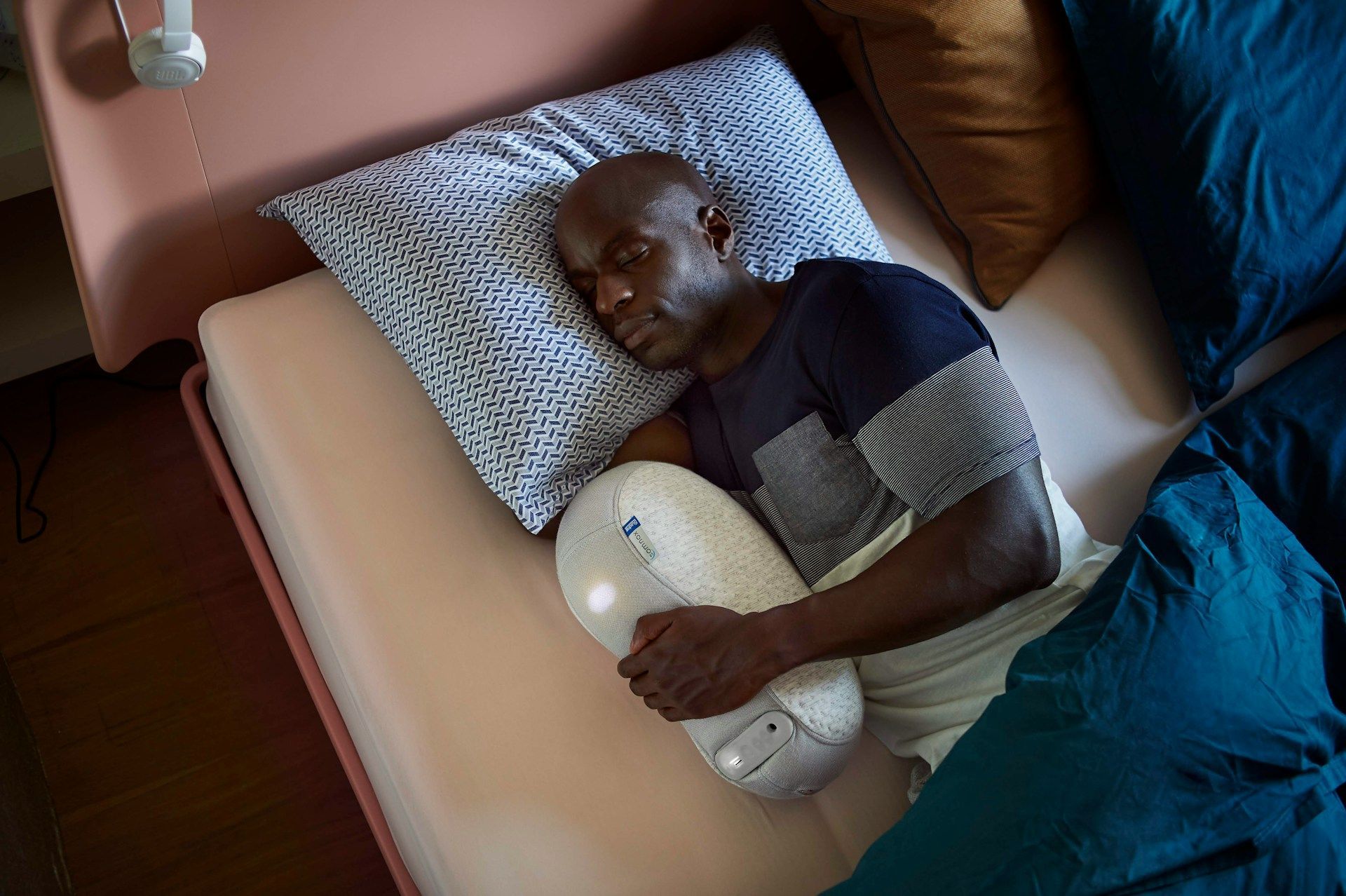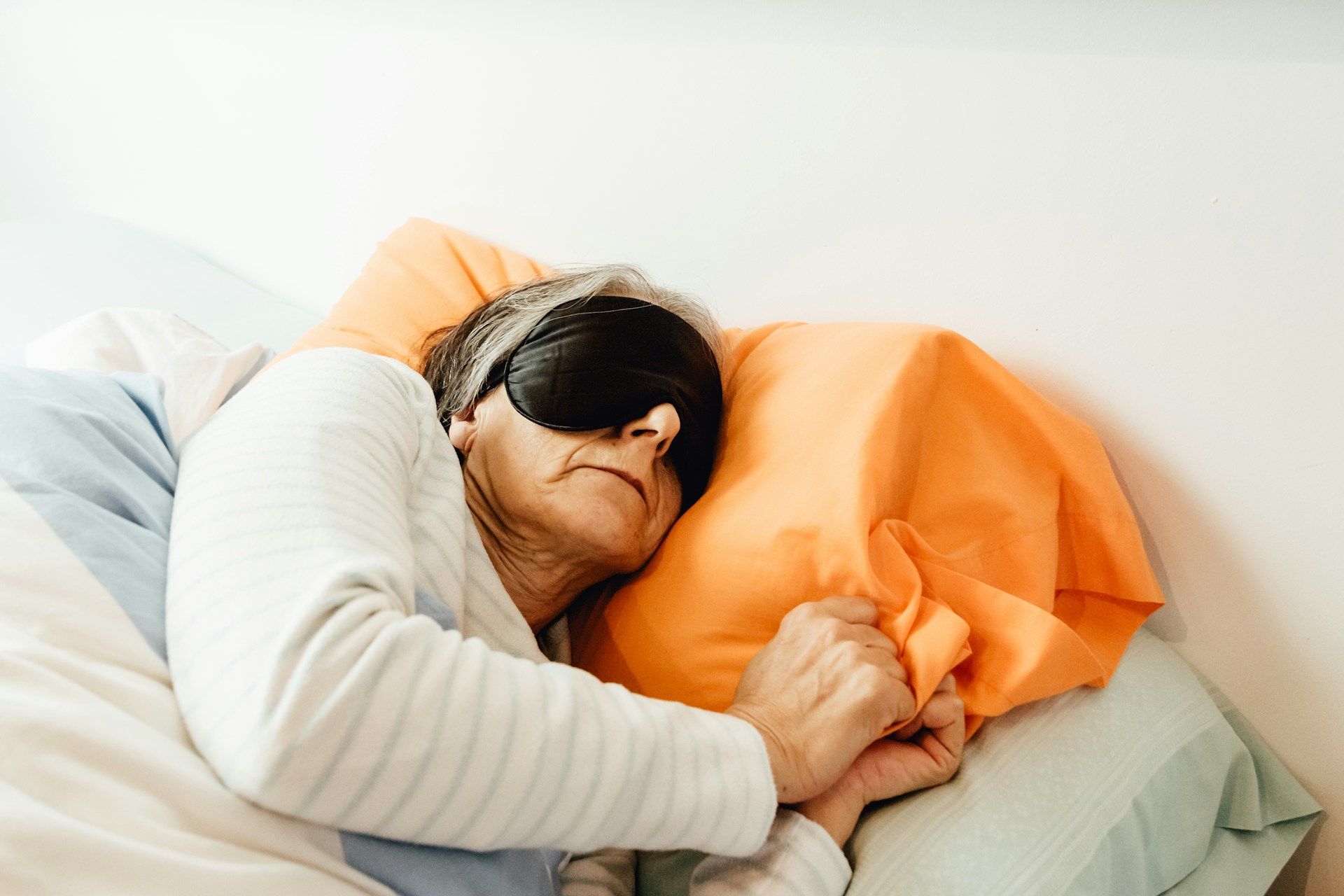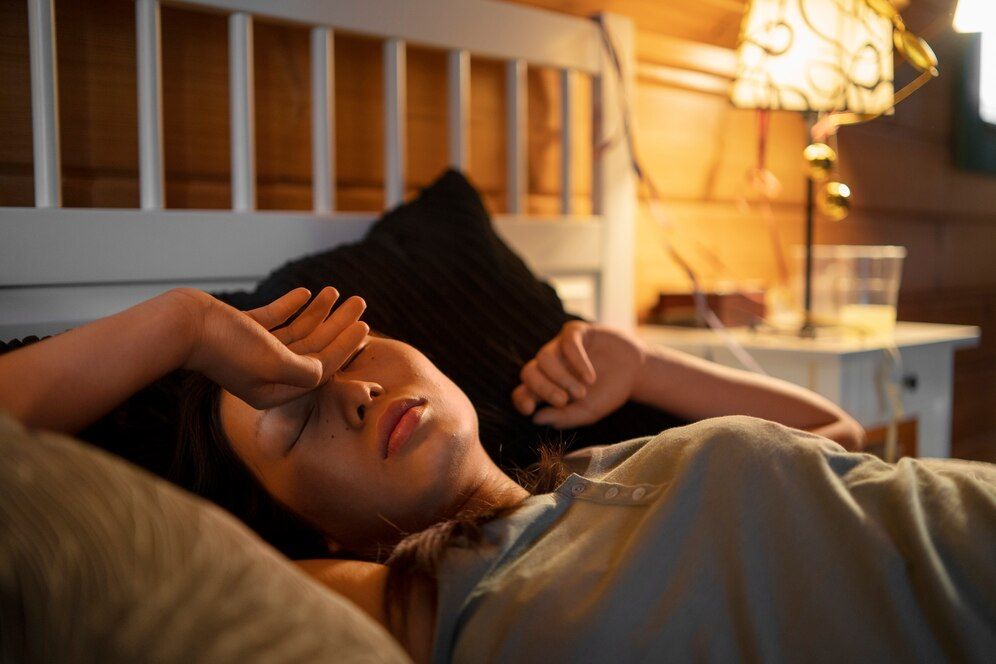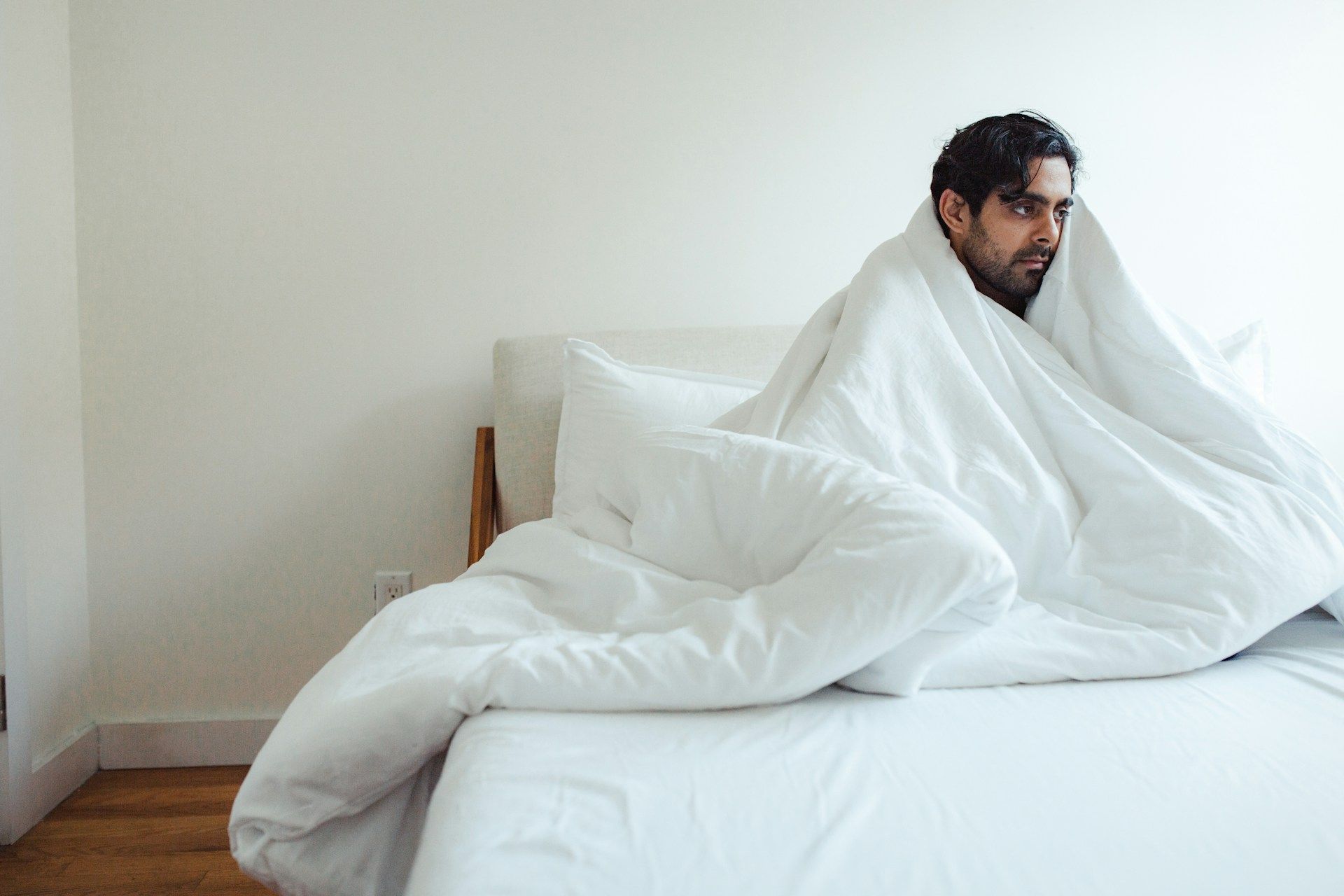The Hidden Risks of Snoring: When it’s More than Just a Noise

Often taken lightly, snoring is commonly seen as a harmless, albeit annoying, nightly occurrence. However, at Sleep Advantage, a sleep apnea treatment center based in Arlington, WA, we understand that chronic snoring can often be a symptom of more serious underlying conditions, such as sleep apnea. This article aims to address misconceptions about snoring and provide a comprehensive guide to understanding when and why snoring can be a cause for concern.
Many people snore occasionally, but for some, it's a chronic issue that disrupts not only their sleep but also the sleep of those around them. Yet, the nuisance of disturbances during the night is often the least worrying aspect of snoring. Chronic snoring can be a symptom of obstructive sleep apnea (OSA), a condition characterized by repeated episodes of partial or complete blockage of the upper airway during sleep. OSA can lead to severe health complications, including hypertension, heart disease, stroke, and diabetes.
This blog post will highlight the potential health risks associated with chronic snoring while delving deeper into the connection between snoring and sleep apnea. We will also provide guidance on when it's essential to seek professional medical advice for snoring, particularly for individuals intolerant to common treatments like Continuous Positive Airway Pressure (CPAP).
Sleep Advantage is committed to holistic sleep health education, aiming to provide individuals with the understanding and tools they need to make informed decisions about their sleep health. By exploring the hidden risks of snoring, we want our readers to recognize when snoring progresses from a mere inconvenience to a potentially life-threatening condition.
Understanding the Different Types of Snoring and Their Causes
Before we can explore the potential risks associated with snoring, it's essential to differentiate between the various types of snoring and their causes:
- Nasal Snoring: This type of snoring is caused by partial or complete blockage of the nasal passages during sleep, often resulting from nasal congestion, allergies, or structural deformities.
- Tongue-Based Snoring: In this case, snoring occurs when the tongue falls back into the throat during sleep, obstructing the airway.
- Mouth Snoring: This occurs when an individual sleeps with their mouth wide open, resulting in a dry throat and noisy vibrations.
- Sleep Apnea-Related Snoring: The most concerning type of snoring this occurs when the airway becomes partially or completely blocked during sleep, often due to excess tissue, large tonsils, or a misaligned jaw.
Understanding the cause of snoring is critical in determining the appropriate treatment method and identifying concerns for underlying sleep disorders.
Recognizing the Hidden Health Risks Associated with Snoring
Although snoring may appear to be a harmless habit, it can pose several health risks, particularly when associated with sleep apnea:
- Sleep Disruption and Insomnia: Chronic snoring can significantly disrupt an individual's sleep pattern, leading to poor sleep quality and insomnia.
- Daytime Fatigue and Low Energy: Poor sleep quality due to chronic snoring may result in daytime fatigue, low energy levels, and an inability to concentrate.
- Increased Blood Pressure: Both sleep apnea and chronic snoring have been linked with an increased risk of high blood pressure.
- Heart Disease: Chronic snoring and sleep apnea have been strongly associated with an increased risk of heart disease, including atrial fibrillation, heart attack, and stroke.
- Type 2 Diabetes and Metabolic Syndrome: Sleep disruptions caused by snoring can contribute to developing type 2 diabetes and metabolic syndrome, a cluster of conditions that increase the risk of heart disease, stroke, and diabetes.
Diagnosing Snoring and Sleep Apnea
Obtaining professional help is essential for the accurate diagnosis of the underlying causes of snoring. A thorough evaluation of snoring habits, medical history, and physical examination will provide valuable insights into potential risk factors.
For individuals whose snoring may be a symptom of sleep apnea, an overnight sleep study, known as a polysomnogram, may be recommended. This test monitors various sleep parameters, such as brain activity, eye movements, heart rate, and blood oxygen levels, to provide a comprehensive assessment of sleep patterns and disruptions.
Treatment Options for Snoring and Sleep Apnea
The appropriate treatment for snoring and sleep apnea will depend on the underlying cause and severity of the condition. Several options may be considered:
- Continuous Positive Airway Pressure (CPAP): Commonly prescribed for individuals with sleep apnea, CPAP therapy uses a machine to deliver constant air pressure to maintain an open airway during sleep.
- Oral Appliance Therapy: For those who are CPAP intolerant, custom dental devices can be used to reposition the jaw or tongue, helping to maintain an open airway and reduce snoring.
- Lifestyle Changes: Weight loss, exercise, reduced alcohol consumption, and proper sleep hygiene can significantly improve snoring and sleep apnea conditions.
- Alternative Therapies: In some cases, positional therapy, nasal decongestants, or surgical intervention may be recommended to address snoring and sleep apnea.
Conclusion
Snoring should not be taken lightly, as it may be a warning sign of a more severe underlying condition. By understanding the different types of snoring and their risks, individuals can better address their sleep health concerns. Sleep Advantage is dedicated to helping patients understand and manage snoring and sleep apnea, guiding them toward the most appropriate treatment options for their situation. By taking a holistic and informed approach to sleep health management, individuals can experience the benefits of improved sleep quality and overall well-being.
Are you tired of struggling with sleep apnea and snoring? Look no further than Sleep Advantage, the leading sleep apnea treatment center in Arlington, WA. Our team of experts specializes in caring for patients who are CPAP intolerant or who struggle with snoring.
At Sleep Advantage, we understand that sleep apnea can be a serious and frustrating condition, which is why we offer personalized treatment plans tailored to your specific needs and preferences. Our team of experts will work with you to find the best treatment options to help you get the restful sleep you deserve.
Don't let sleep apnea and snoring hold you back from living your best life. Choose Sleep Advantage and let us help you get the oral device for sleep apnea to improve your sleep and overall health. Contact us today to learn more about our services and start sleeping better tonight.
Disclaimer:
Our blog articles serve to educate readers about various treatment options for sleep apnea and TMJ disorders. It's important to understand that while we discuss multiple treatments in our posts, not all of these options may be accessible at our clinic. We encourage you to reach out and schedule a consultation with us. This way, we can carefully devise a personalized treatment plan that caters to your specific needs.










